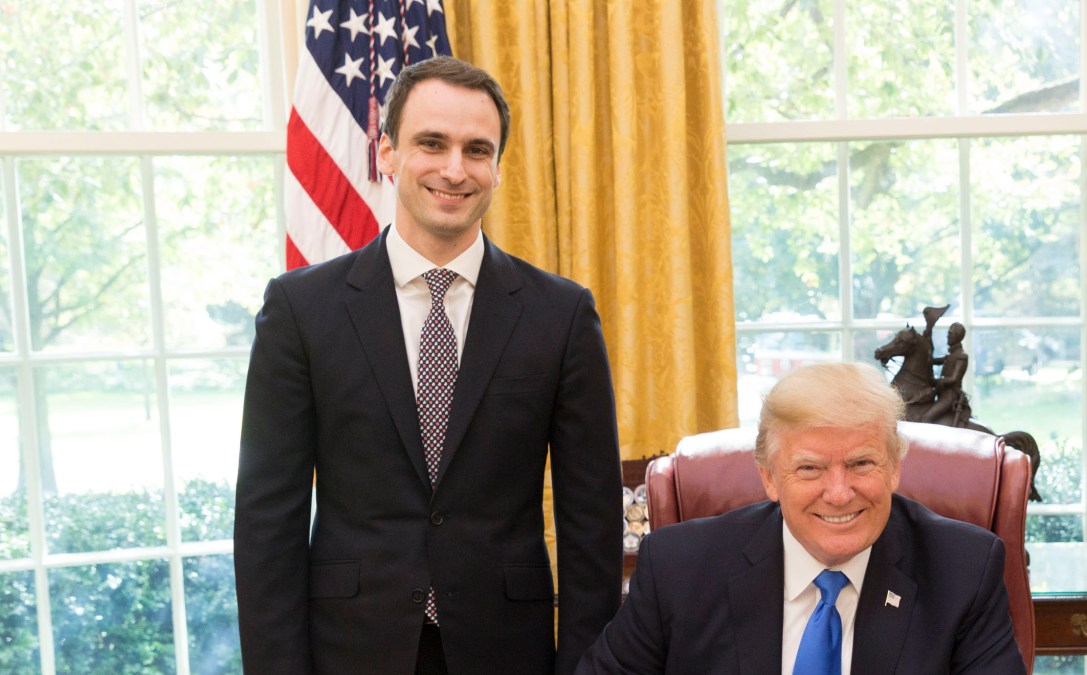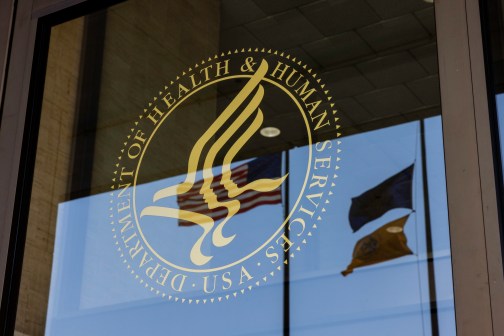Trump sends Kratsios’s OSTP nomination to Senate

The White House sent Michael Kratsios’s nomination to direct the White House Office of Science and Technology Policy to the Senate on Wednesday, formally beginning his confirmation process.
Kratsios was chief technology officer during the first Trump administration and was most recently managing director at Scale AI, a technology company and defense contractor focused on AI model training data.
Sending his nomination to the Senate officially starts the confirmation process and puts him among the first of Trump’s selections officially transmitted to the chamber. To win confirmation, Kratsios will first have to clear the Committee on Commerce, Science, and Transportation. For his previous CTO role, he was ultimately confirmed via voice vote — in other words, without a formal tally due to unanimous support.
Trump initially announced his plans to nominate Kratsios to lead OSTP in December along with several other tech officials, including Lynne Parker, who will serve as executive director of the President’s Council of Advisors for Science and Technology and counselor to the OSTP director. According to that announcement, the officials will work with David Sacks, Trump’s AI and crypto czar.
In a LinkedIn post about Trump’s intent to nominate him as OSTP director, Kratsios wrote: “To ensure our Nation’s prosperity and security, we must unleash scientific breakthroughs and ensure America’s technological dominance. Now we have the President who will make it happen. A Golden Age of American Innovation lies ahead!”
Prior to his nomination as the government’s top tech officer in 2019, Kratsios had served in OSTP as associate director for two years. During his confirmation hearing for that post, he told lawmakers he had “united OSTP around a clear mission: ensure continued American leadership in emerging technologies” and emphasised the importance of workforce development.
As CTO, Kratsios was also a leader during the release of the Trump administration’s own AI executive order (EO 13960) in December 2020. That order established guardrails for the government’s use of AI and created the process by which agencies publicly report their AI use cases. President Joe Biden’s executive order on the technology (EO 14110), which Trump revoked as one of his many day-one actions, built upon that order.
In a May 2020 op-ed for the Wall Street Journal, Kratsios wrote about AI as a technology that can serve democracy and announced the country’s participation in the G-7’s Global Partnership on Artificial Intelligence, which was then focused on the pandemic.
While the U.S. was innovating with AI during the pandemic, he said the technology was also “being twisted by authoritarian regimes to violate rights” and specifically pointed to what he described as China’s misuse of the technology. “It is critical that America stand alongside those who share and promote our values and push back on such efforts,” he wrote.
Cybersecurity and technological threats from China have continued to be a focus for Kratsios in his years outside government.
In September 2023, he and Lars Erik Schönander, a policy technologist at the Foundation for American Innovation, wrote an op-ed in Newsweek about the potential surveillance threat posed by Chinese cranes in U.S. ports.
Similarly, in November 2022, he and Jack Corrigan, a research analyst at Georgetown University’s Center for Security and Emerging Technology, wrote an op-ed for Foreign Policy about the practice of state and local governments still purchasing technology from several Chinese companies that the federal government had designated as national security threats.
This story was updated Jan. 23, 2025, to clarify Kratsios’s current private-sector employment status.






